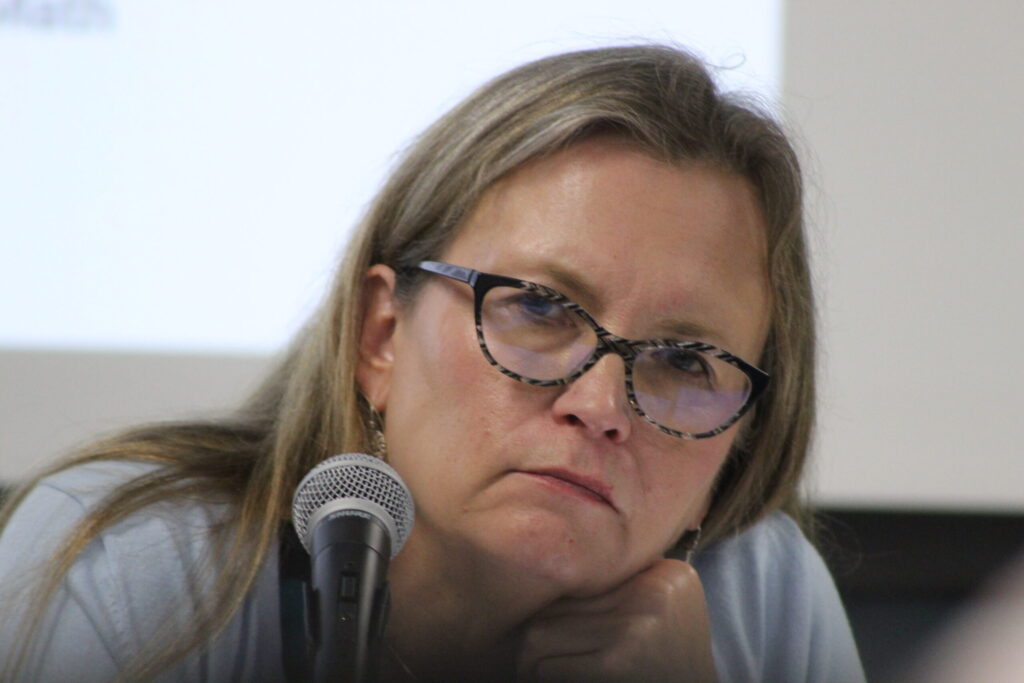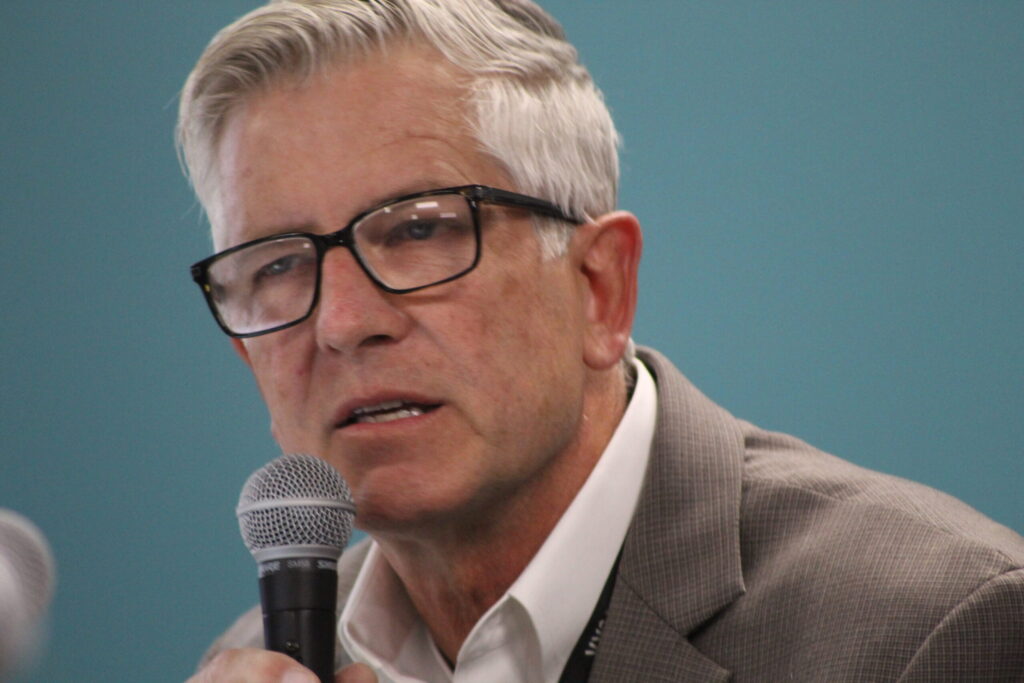THE PODIUM | Public option ‘is not the answer’
As a physician and CEO of UCHealth Medical Group, health care access, quality and affordability are some of my top priorities, along with recruiting the very best physicians to come to our state to care for patients.
Health care providers, including UCHealth, have worked to reduce costs in recent years. We’re well aware of what’s at stake — which is why we’ve worked with health insurance companies to create high performance networks that deliver high-quality care at lower costs, and we are partnering with employers on options to keep their employees healthy and offer lower-cost alternatives for those employees.
Over the past year, amid the pandemic, we rapidly expanded innovations like virtual urgent care and virtual visits — helping patients avoid more expensive options. We improved quality and safety, while shortening lengths of stay and shifting many services into lower-cost ambulatory care settings. And we continue to invest in behavioral health.
Colorado health care providers are dedicated to lowering costs and providing high-quality care to Coloradans. According to the Rand Hospital Price Transparency Study, Colorado now has the eleventh-lowest hospital prices in the nation.
When Gov. Jared Polis and the state legislature asked for help to set up a reinsurance program — we responded. Colorado’s successful reinsurance program is funded by hospitals, health care systems, and insurance companies.
Because of this program, as well as our other efforts to lower costs, the price of Colorado’s average benchmark premium has dropped 28 percent since 2019. Over the past five years, we’ve seen the second-lowest premium growth in the nation — and the price of our benchmark silver premium plan is now the sixth-lowest in the nation.
The state legislature is now discussing House Bill 21-1232, which could use government price controls to achieve arbitrary premium-reduction targets. The targeted reductions in the bill are simply unrealistic, especially considering the premium reductions that Colorado’s health care system has already achieved in recent years.
This bill’s government-mandated price controls and threats to fine doctors would have an adverse effect on our ability to attract and keep excellent medical providers, including physicians, advanced practitioners, pharmacists, and nurses at a time when there is a growing national shortage of most, if not all, these providers. Many of our excellent physicians will consider leaving Colorado to care for patients in other states.
Further, this bill is focused solely on cutting costs. The proposed rate structure does not recognize quality or those providers who specialize in treating the sickest and most critically injured patients. This is just counterintuitive because we know that high quality — reducing infections, rehospitalizations and adverse events — results in lower health care costs.
If HB-1232 were to pass, our patients and health care teams would suffer. Such drastic cuts to hospital reimbursements will affect our staffing, limit our ability to innovate and invest in new equipment, and will harm our efforts to give patients the very best care.
Hospitals, physicians and health insurance companies have made progress in recent years, increasing access to care, improving quality, and reducing prices. We must continue and expand upon these improvements. But HB-1232 is not the answer. This bill will bring significant unintended consequences and harm our state’s high-quality health care system.
Mike Randle, M.D., is CEO of UCHealth Medical Group.
















